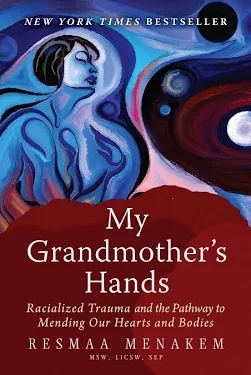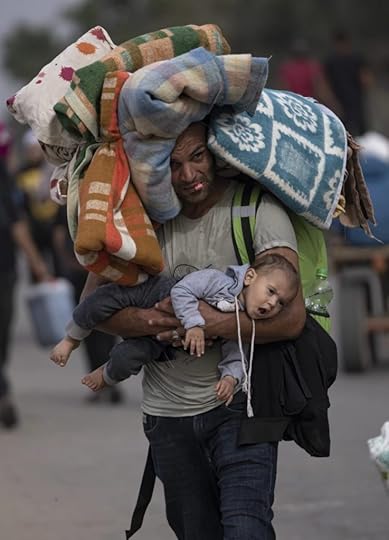Healing Generational Trauma: Insight, Coping, and Recovery
Here in the USA, we are fortunate. In many of the 50 countries I have lived or traveled to, the recent history of war is part of their human fabric. Either people can recall the wartimes, have a family or friend killed or maimed, or the remnants of past bombings dot the landscape today. Yes, we have had the Revolutionary War and the Civil War in the U.S. Some of us include Pearl Harbor or 911 because they were acts of War. (However, the latter two did not encompass the entire country. )

Most of us never heard the explosions or experienced the devastation of war unless we were deployed in wartime. Those who have, may still be healing those wounds from the destruction, lives lost, or PTSD.
In the past 18 months, I traveled in Egypt, Lebanon, Rwanda, South Africa, and Turkey where the tension of past wars and conflict was palpable. While the people, culture and landscape were incredible, I also saw the strain of war in the vacant mortar-shelled buildings, refugees from neighboring war-torn countries scraping a living, and impoverished communities from a stagnant or recessive economy. The vision was humbling.

I recently read the book, My Grandmother’s Hands: Racialized Trauma and the Pathway to Mending our Hearts and Bodies by Resmaa Menakem. This is a book about generational trauma in the Black American Culture. Even though it focused on Black Americans, generational trauma transcends all people. Not having a past interest in history, I learned so much from this book.
My Grandmother’s Hands caused me to reflect upon my surrogate family in Lebanon. War has impacted that country for centuries. Sami from my village in Liberia returned to his home in Lebanon when one of its brutal civil wars began in the 70s. As I write this today, bombings are occurring between Israel and Lebanon. Some civilians have died and villages along the border have been evacuated. I called Sami’s son to check on his status. The conflict is exactly 60 miles from their home. To my amazement, he was calm and reassured me, “All was OK”. Suddenly I realized I never knew or experienced war. Here is a question for you: How would you feel if your neighboring country was bombing you 60 miles from your home?
Here is where generational trauma comes in. Sami’s children, about 50 years of age, have only known war, post-war, or on the edge of war. Sami, now deceased – all he knew was war. Their psyche and bodily reactions have adapted to cope. I could see and feel the underlying tension during my visit to Lebanon in 2023. Their health was impacted in several ways.

Generational trauma is not only war-related, but can include chronic family illness, physical and/or emotional abuse, conflict, displacement, homelessness, estrangement, incarceration, and many more across the world. Some of this trauma could have happened before we were born. But its underlying effects are in our genes and can be passed on through our DNA down through the generations.
The takeaway from Manekam’s book is to work at healing your past trauma and he gives guidance on how to do just that.
My favorite quote to contemplate by Menakam:
*Trauma decontextualized (out of context) in a person looks like personality.
*Trauma decontextualized (out of context) in a family looks like family traits.
*Trauma decontextualized (out of context) in people looks like culture.
I look forward to your comments or check Like if this blog meant something to you.
What are your observations of generational trauma?
Both books: In Search of Pink Flamingos and Never the Same Again talk about the wars in Liberia.



